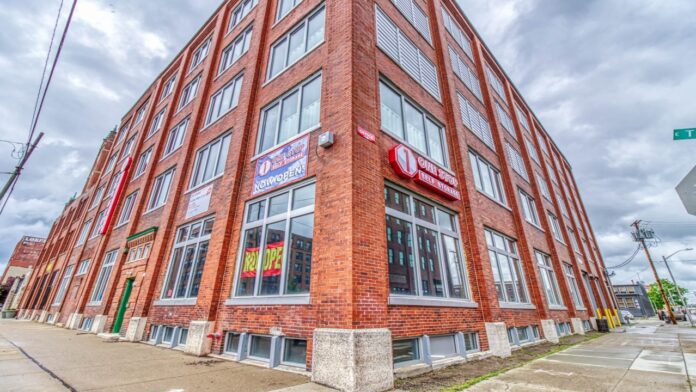Self-storage is a great way to declutter your home or office. However, despite self-storage being a great solution for many different types of items, there are some things that you simply cannot store in these facilities. So, this begs the question, what cannot be stored in self-storage? This article will explore that question and provide you with a list of items that cannot be stored in self-storage. However, If you’re still not sure whether something can be stored in self-storage, please visit this website for additional information onestopselfstorage.com/dayton-ohio/.
Before considering the services of a self-storage company, you need to understand that each company has its own rules and regulations, so it’s prudent to research each facility carefully.
Now, let’s explore some of the items that cannot be stored in self-storage units.
Hazardous Materials
A material is considered hazardous if it can cause harm to people or damage to property. Simply put, any material that has the capacity to catch fire, explode, or cause a reaction that can result in contamination, should not be stored in self-storage. Some of the most common hazardous materials include:
- Liquids that can catch fire, such as oil, gasoline and paint
- Combustible materials like propane tanks
- Corrosive or reactive substances, such as acids and batteries
- Pesticides and other toxic chemicals
- Radioactive material
Don’t be surprised when you are also told that some common home cleaning agents contain substances considered hazardous. These substances include ammonia and bleaching agents.
So, keep in mind that these rules are not universal. And that each self-storage facility has its own rules about what can and cannot be stored on its property.
Perishable Food Items
Any food item that can spoil is generally not allowed in self-storage. This includes high-risk items like:
- Fruits and vegetables
- Bread and baked goods
- Meats and dairy products
These items are not allowed because they can attract pests, such as insects or rodents, which can then spread to other units. Furthermore, perishable items can produce unpleasant odors that can be a nuisance to other tenants.
If you must store food in self-storage, try to choose preservative-free items that are packaged in airtight containers.
Animals and people!
Self-storage companies will not allow people or animals to be stored in their facilities. If you need to store items that are related to your pet, such as a food bowl or pet bed, that is generally allowed. However, actual pets are not allowed.
The same goes for people. You cannot use a self-storage unit as a place to live, even if it’s just for a short period of time.
Illegal or stolen Items
It’s self-evident that any illegal items, such as drugs or stolen property, are not allowed in self-storage facilities. These types of items will make not only you but also the self-storage company liable.
Ammunition and Weapons
Regardless of whether you have a license or not, you are not allowed to store ammunition or weapons in self-storage. This includes items like:
- Firearms
- Bombs
- Explosives
If you need to store any of these items, you’ll have to find an alternative solution.
Priceless And Irreplaceable Items
Any item that you cannot replace should not be stored in self-storage. This includes:
- Family heirlooms
- Original works of art
- Photos and documents
Even if an item is not priceless, it may hold sentimental value to you or your family. For this reason, it should not be stored in self-storage. Here we are looking at:
- Wedding dresses or other clothing with sentimental value
- Baby or children’s clothing
- Memorabilia from a deceased loved one
The reason for not storing these items in self-storage is that in the event your items in the storage unit need to be auctioned for non-payment, you will not suffer their loss.
Also, though unlikely, in the event of a burglary, you will not have to worry about any irreplaceable items being stolen.
Money, Jewelry, And Other Valuables
You should never store money, jewelry, or other valuables in self-storage. First of all, self-storage facilities are not designed with the security features necessary to protect these items. Secondly, if your unit is broken into and these items are stolen, the self-storage company will not be liable.
You are better off storing these items in a safety deposit box at your bank.
Vehicles Without Registration Or Insurance
You can store vehicles in self-storage, but only if they are properly registered and insured. The same applies to boats, RVs, and other types of recreational vehicles.
If you store a vehicle without registration or insurance, you may be in violation of your self-storage contract.
Are you planning to store items in a self-storage facility? If so, it is important to be aware of the rules and regulations regarding what can and cannot be stored there. Some common items that are typically not allowed include perishable food, illegal or stolen substances, valuable or irreplaceable items, and vehicles without registration or insurance. So, to ensure your items are properly protected and stored, it is advisable to consult with a self-storage company before moving any belongings into a unit.
































